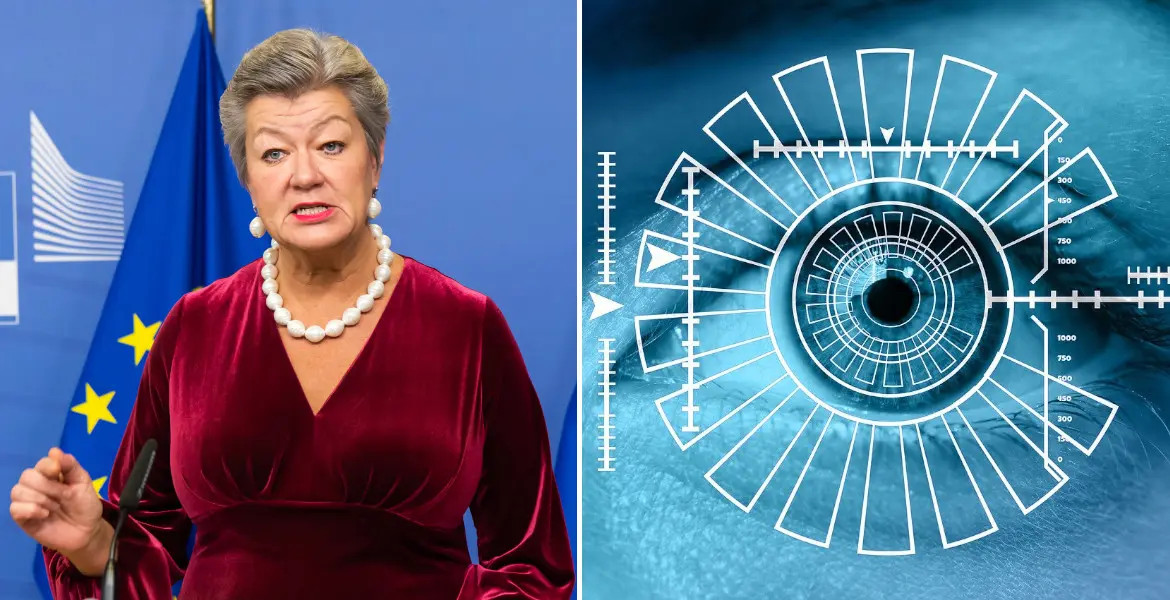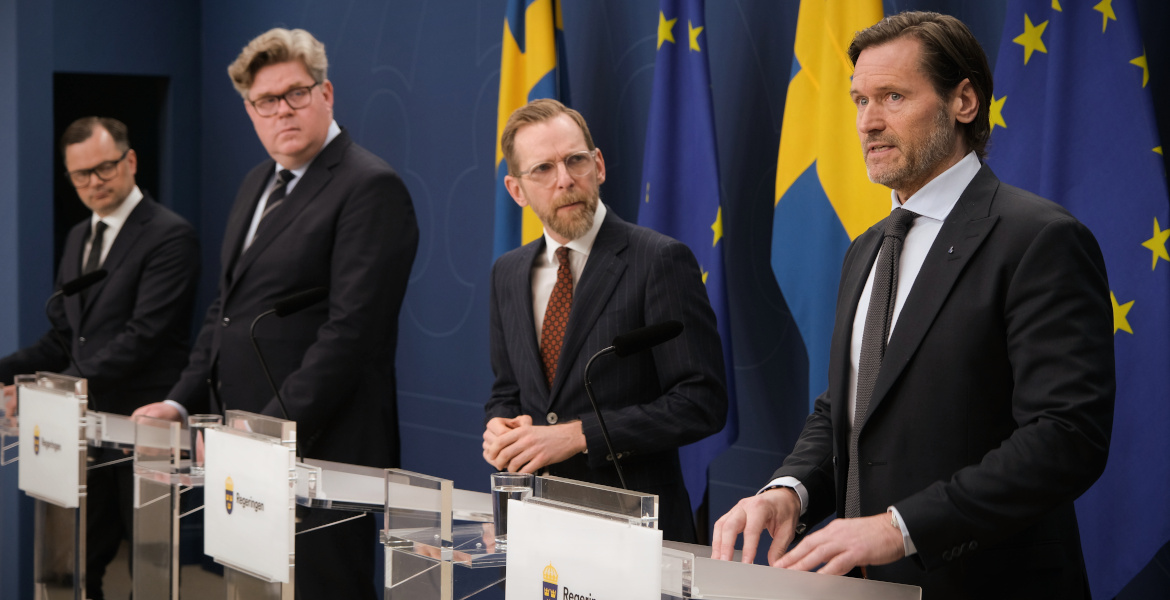Leaked documents show that there is strong support for the “Chat Control 2.0” bill among governments within the EU, with only five out of 20 expressing doubts. Spain wants to go as far as using the law to completely ban end-to-end encryption in the EU.
The EU’s new bill, drafted by Sweden’s Social Democratic Commissioner Ylva Johansson, has received massive criticism in several countries. In Sweden, a demonstration against the bill was recently held, with Bahnhof’s CEO Jon Karlung arguing that the bill could conjure up the “most comprehensive surveillance apparatus in human history”.
Recently leaked documents from the European Commission, made available to Wired, show how 20 different EU countries are approaching the issue of implementing the law. It appears that 15 of these are in favor of some form of scanning of encrypted messages.
A strongly criticized part of the law is that it could affect so-called end-to-end encryption, i.e. communication apps such as Signal that encrypt communication. The leaked documents show that Spain wants to use Johansson’s new bill to stop all end-to-end encryption in its entirety.
“Ideally, in our view, it would be desirable to legislatively prevent EU-based service providers from implementing end-to-end encryption“, Spain’s representatives write in the document.
The country’s representatives express awareness that what they are advocating is “highly controversial”, but that they must have the means to continue “fulfilling their obligations now that many criminals have moved to the virtual world”.
– It is shocking to me to see Spain state outright that there should be legislation prohibiting EU-based service providers from implementing end-to-end encryption, said Riana Pfefferkorn, a researcher at Stanford University’s Internet Observatory in California who reviewed the document at Wired’s request.
Only five countries have reservations about the proposal, including Finland and Germany.
Wired also contacted all 20 of these countries, none of which denied its authenticity. Estonia also confirmed that its position was compiled by experts working in related fields and ministries.









